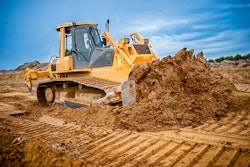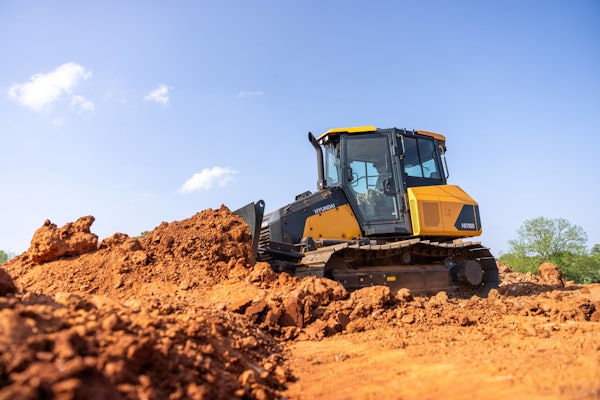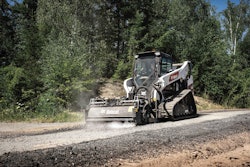Cemex has developed a carbon footprint tool that allows the company to measure the greenhouse gases emissions of its cement, ready-mix and aggregates products.
The footprint tool, which Cemex says is the first of its kind in the building materials industry, considers a cradle-to-gate approach, from raw material sourcing to product manufacturing, providing significant assistance to customers in the building sector in calculating the carbon footprint of their projects.
Cemex unveiled its CO2 footprint tool Dec. 17 at COP16 during a round-table discussion the company hosted along with the World Green Building Council titled “Key Challenges for Construction in the 21st Century.”
Cemex speakers and invited panellists discussed key trends driving sustainable construction as well as proposals on production practices, design and application of concrete products that can contribute to sustainable construction.
“Cemex is proud to be the first building materials company able to offer its customers comprehensive carbon content information in its key products,” Luis Farías, Cemex senior vice president of energy and sustainability, says in a written statement. “We continually strive to operate our business in a sustainable way by measuring and reducing our carbon footprint in our products and operations.”
Juan Carlos López Agüí, president of the European Committee for Standardization (CEN) and panelist, notes that measurement, verification and calculation methods performed in accordance with ISO and CEN standards, and adopted by recognized certification protocols. He says these “are key fundamentals to promote low-carbon construction practices.
“Knowing the environmental impact of a product helps producers, consumers and societies make informed decisions and take positive steps towards operating at a sustainable level,” he adds. “CEN and ISO standards offer a solid and transparent basis for full life cycle analysis and allow certification protocols for materials, building products and constructions considering environmental, economic and social aspects.”








